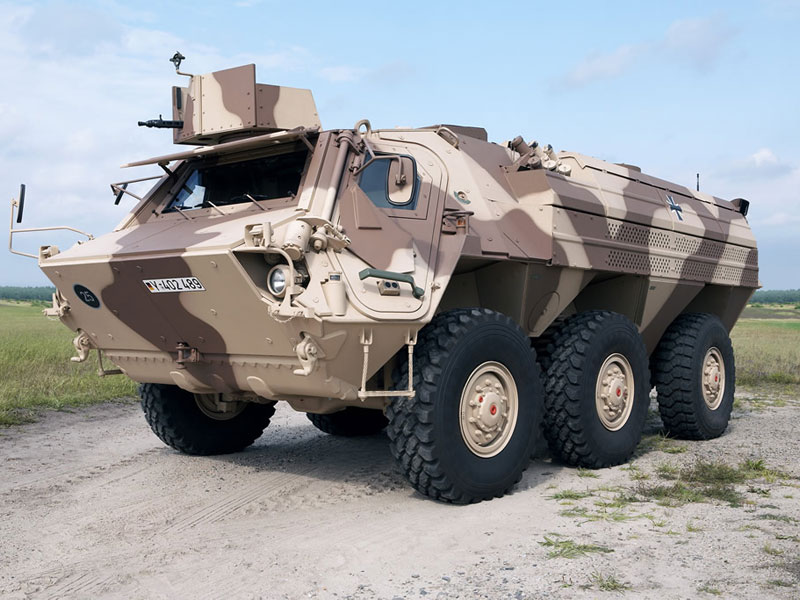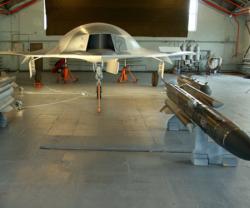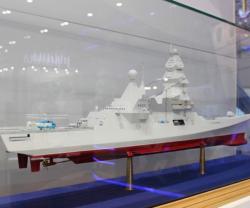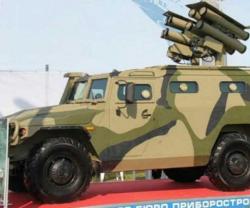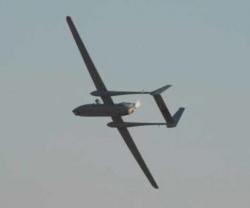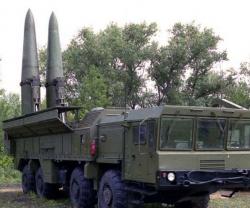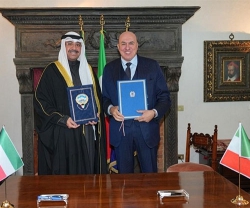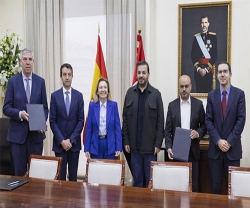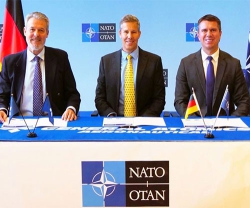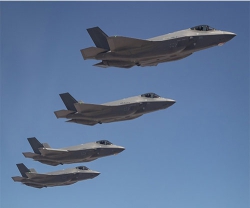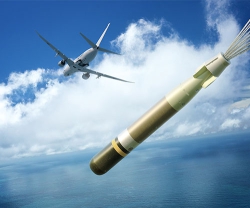Germany’s decision is the result of an agreement between the German Ministry of the Economy and the German government and Rheinmetall AG, a German Fuchs armor production specialist. The company will soon begin construction of its first factory in Algeria.
According to the German newspaper Die Zeit, the factory will be built about 400 km east of the City of Algiers and will boast a budget of 28 million Euros, only a small portion of the agreement totaling 2.7 billion Euros.
Fuchs armor will be produced under the original German factory’s license. Egypt, another country greatly in need of Fuchs armor, has continuously expressed an interest in the product as a way to counter Islamists in the Sinai Peninsula.
According to the Algerian newspaper, Ennahar, this agreement dates back to 2008 when Chancellor Angela Merkel met Algerian President Abdelaziz Boutaflika to examine the political stability of his country before signing the agreement.
Algeria has ordered around 10 billion Euros worth of military equipment from Germany in the last few years, including two Meko A200 frigates from Thyssen-Krupp and SUVs and trucks from Daimler. Last year Algeria purchased 825 million Euros worth of tank parts, SUVs and trucks from Germany.
In 2011 Germany authorized the export of 54 Fuchs vehicles worth 195 million Euros to Algeria, as well as other military vehicles worth 286 million Euros, according to Der Spiegel.
Algeria is greatly expanding its military and just this year ordered two Kilo class diesel electric submarines from Russia, and in 2015 the Algerian Navy will take delivery of the landing and logistic support ship Kalaat Beni-Abbes. 42 Mi-28N Night Hunter attack helicopters and six Mi-26T2 cargo helicopters were ordered this year in a nearly $3 billion deal from Russia. Also this year it emerged that Algeria’s military has acquired self-propelled artillery from China.
Earlier this year, Economy Minister Sigmar Gabriel said he would tighten rules on arms exports, curbing sales to states such as Qatar and Saudi Arabia, whose purchases had previously helped make Germany the world's third largest arms exporter.
In August 2014, Germany permanently halted Rheinmetall's planned export of combat simulation equipment to Russia, going beyond recently imposed European Union sanctions which block future defense contracts.
Source: Reuters; Agencies

